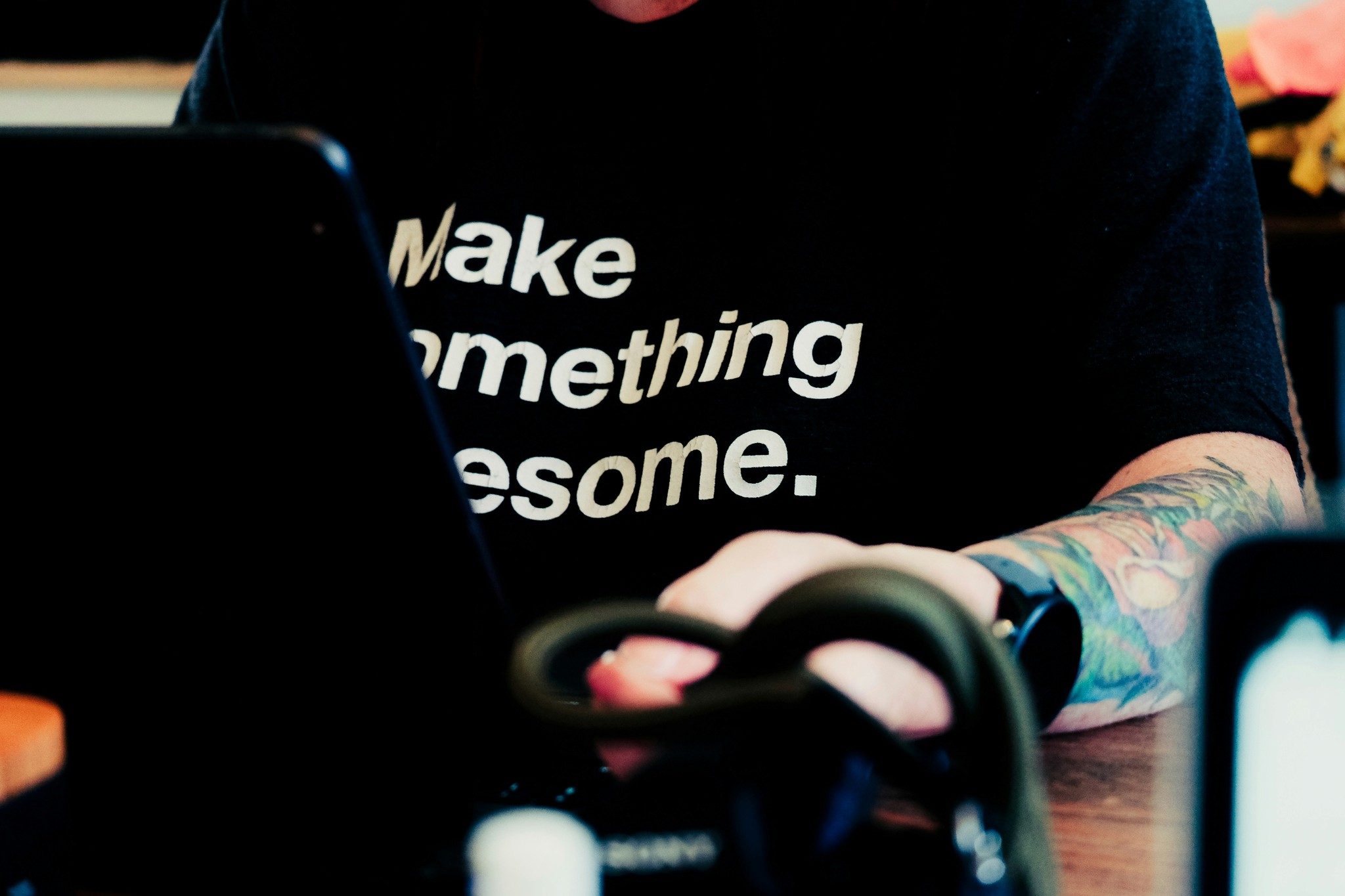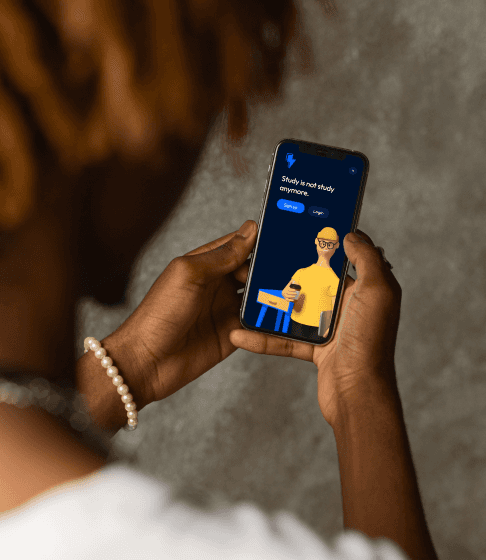Subscribe
Updated on Jun 25, 2024
The quarantine imposed by different governments has changed consumption, leading to a greater use of Internet resources and an increase in consumer spending in their own homes.
Once the pandemic is over, companies will have to look for formulas tailored to the new habits that have emerged as a result of this situation. After the storm, calm will come.
This isolation has caused a surge in digital activity. Specifically, Internet traffic in Spain has increased by 80% during the quarantine, according to government sources. Thus, brands must find ways to adapt their businesses to the online world, because customers tend to consume more and more in their homes since the beginning of the economic recovery in 2013.
A clear example of digital transformation in the fashion sector has been Gap, which has created a functionality, DressingRoom, that offers the possibility of seeing different styles through augmented reality without the need to go to a physical fitting room. This technology, along with Virtual Reality, will have an impact of up to $1.5 trillion on the global economy by 2030, according to the PWC study Seeing is believing.
Only 27% of companies are in favor of telecommuting
The confinement has also forced some companies, beyond the technological ones, to adopt telecommuting, a model that was not established in many companies, especially in southern European countries. In fact, according to Eurostat, in countries like Italy, Spain, or Portugal, around 4% of employees often work from home, while the figure is 25% in northern European countries. Despite these data, around 27% of Spanish companies say they would be open to implementing it, according to INE data. Companies will discover the advantages and cost savings of telecommuting to implement it more visibly in their businesses.
On the other hand, hard-hit sectors such as events have reinvented themselves by offering virtual meetings. Spartial, a startup from Silicon Valley, has created a "holographic" collaboration tool where people speak through virtual avatars. Medical and psychological consultations also begin to take place on the Internet. In fact, many self-employed professionals have offered their services for free during the State of Alarm.
Half of customers would pay more for products that guarantee verifiable safety standards.
The current economic stagnation has created an aura of uncertainty in the population. Society is concerned about the impact of the coronavirus. Brands should try to mitigate this consumer uncertainty. Almost half of customers would pay more for products that guarantee quality and verifiable safety standards, according to a Nielsen study. Therefore, creating campaigns in that direction could be advantageous.
In the delivery sector, this factor will be key, as customers are unaware of the status of their product until it arrives at their homes. Consumers demand greater transparency from companies to better understand the delivery processes. How is their food prepared? Who cooked it? Initiatives like these have already been taken in China through the Ele.me plan. To increase safety, some Spanish companies offer contactless deliveries, leaving the order in front of the door to avoid contact with customers.
The current situation could also impact the society's uncontrolled consumerism. After this panorama, the population will be more aware of the immaterial, simpler pleasures, and responsible consumption. Therefore, brands will have to get more involved to stimulate spending through strategies that offer meaning to customers. What is behind the product I am buying? What values does this brand convey to me? Is it a company concerned about society and the environment?
Some companies have started to operate in this line and are helping people fighting against the coronavirus. Restaurant firms like Grosso Napoletano or Tierra Burrito have joined the Food4Heroes movement to provide free food to hospital healthcare workers. Solidarity and empathy will always be well received by any group.
Opportunities arising from new consumer needs.
If we go back to Ancient Egypt, the key to its economy lay in the Nile, a river that grew every year and flooded everything around it. This caused the land to be filled with silt, a kind of mud that made the land fertile, thus supplying the entire population of Egypt. As long as we are in a period of flooding, with the economy on pause due to the coronavirus, entrepreneurs and executives must work to reactivate their businesses, seeking new ways of acting and experimenting during the quarantine period.
The cornerstone of these initiatives should always be focused on the new needs of consumers. After the river's flooding, the waters will calm down, and the markets will stabilize. It will all depend on how companies work during the pandemic to see if the result is fruitful.




